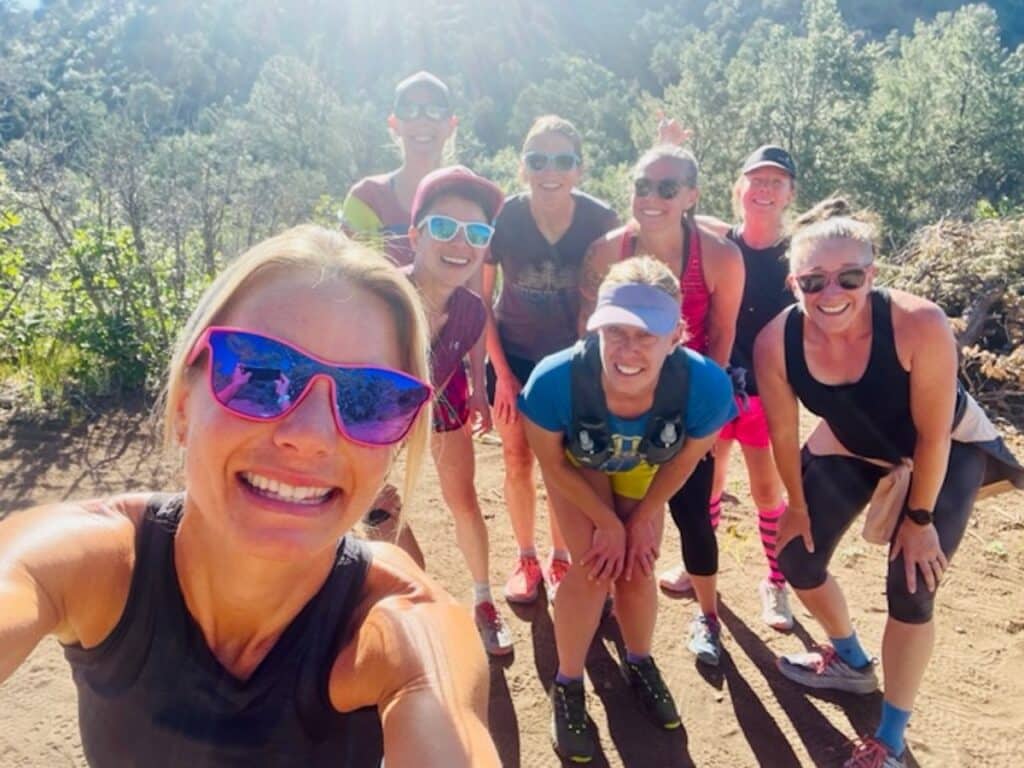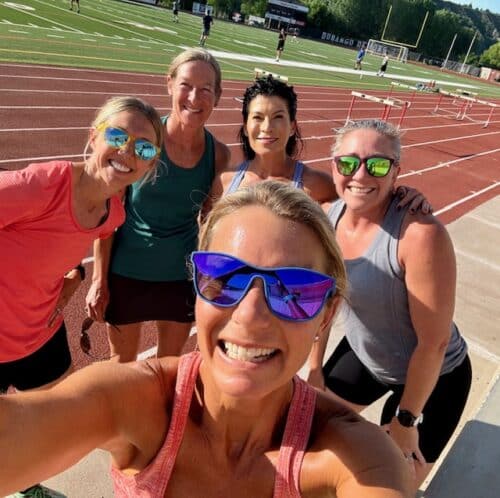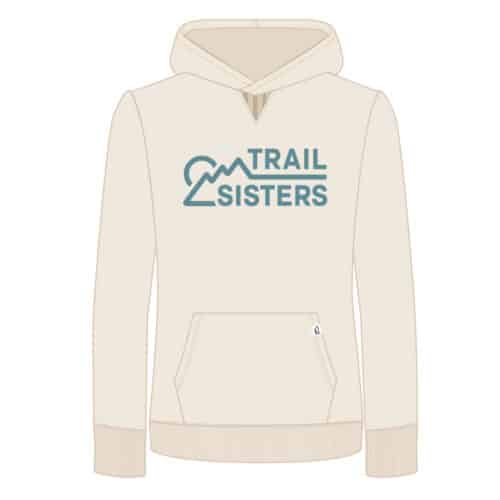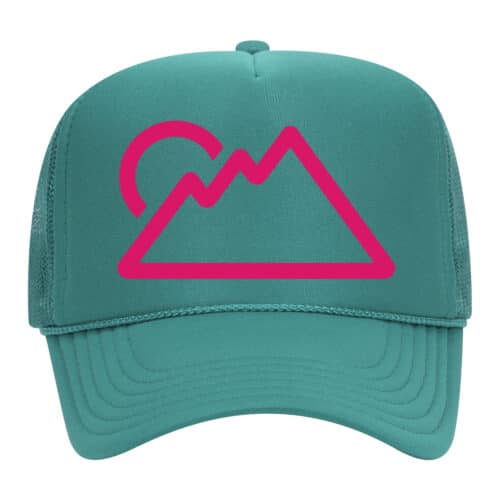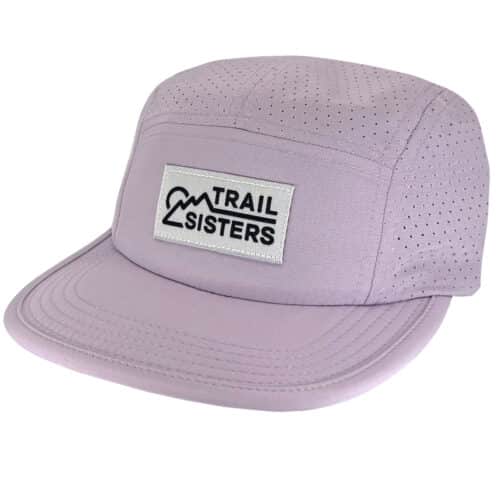Plan Your Fueling Strategy
Summer is here which means race season is in full swing! As mileage increases due to upcoming race training, or even longer miles exploring the trails, it’s important to adjust your nutrition to fuel your body for optimal performance and recovery.
As miles increase, your caloric needs also increase. You may notice you feel hungrier with more mileage. You may not have much of an appetite after long runs but find your starving the day or two after. I encourage you to listen to your body and lean into the hunger cues. Your body is giving you a signal that it needs fuel in order to keep moving forward and to recover so you can get out there and do it all over again!
Focus on nutrient dense meals and snacks throughout the day containing all macronutrients: protein, carbohydrates, and fats. Include snacks between meals to help meet your increased caloric needs. And, if you’re hungry after dinner and before bed, it’s OK to have a snack! There is no timer on your body or digestive system that says, “after 7pm, food eaten will be stored as fat!” Your body needs fuel for the recovery process. If you’re hungry before bed, eat a protein rich snack to help you feel satisfied.
Carbohydrates are your body’s main energy source. As miles increase, your daily need for carbohydrates increases to meet your energy demands. To meet this increased need, eat a larger serving of carbs at meals and snacks the few days before a long run and focus on fueling with a source of carbs on all runs of 60-90+ minutes.

With an increase in mileage, it’s important to prioritize electrolytes. Especially if you live in a hot climate, at altitude or sweat a lot! Focus on an electrolyte replacement with a balance of sodium, magnesium, and potassium. And eat a wide range of colorful fruits and veggies rich in vitamins and minerals.
When planning your fueling strategy for an upcoming race or long adventure on the trails, you’ll need to determine the right amount of fluid, electrolytes, and calorie intake per hour. Your fueling strategy is highly individualized and a delicate balance that should be practiced for a few months to allow your gut to adapt and respond.
Your fueling strategy will vary based on event, distance, terrain, altitude, weather, and your individual needs.
Starting recommendations are as follows:
Calories: 200-300 / hour
Fluids: 16-20 oz / hour
Sodium: 250-500 mg / hour
Carbs: 30-90 g / hour
Please realize, you should not feel completely exhausted after a long run or feel like you must choose between social events, family activities and your long run. If you’re exhausted and all you want to do is sleep the rest of the day, this is a sign that you’re not fueling properly!




